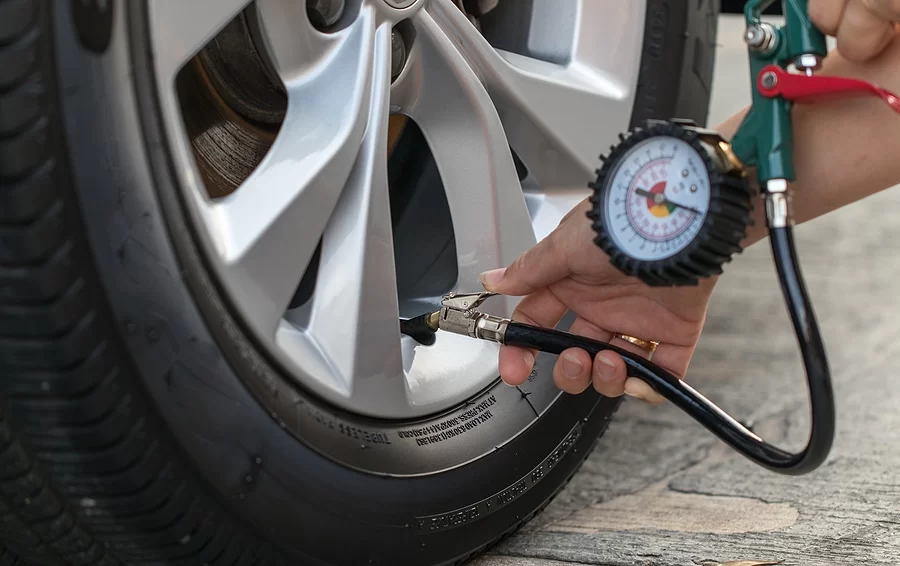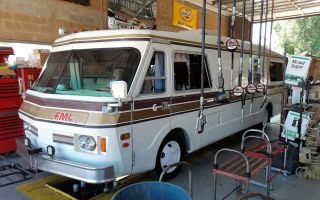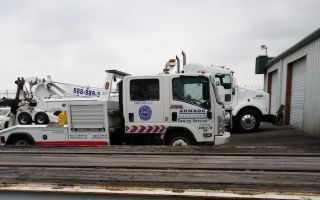As a car owner, one of the easiest yet most crucial tasks I often overlook is checking the tire pressure. It may seem like a small thing, but tire pressure plays a significant role in the overall safety and performance of my vehicle. I’ve learned the hard way that neglecting to regularly check my tire pressure can lead to bigger problems down the road. In this article, I’ll dive into why checking tire pressure is so important and how it can save me time, money, and, most importantly, keep me safe on the road.
1. Understanding Tire Pressure: What Does It Really Mean?
Tire pressure is the amount of air inside your tire, measured in pounds per square inch (PSI). Each car has a recommended tire pressure listed in the owner’s manual or on a sticker inside the driver’s door. This number is not arbitrary—it’s the optimal pressure to ensure my tires wear evenly, maintain good traction, and provide maximum safety. If my tire pressure is too low or too high, my tires may not function as efficiently as they should, which can lead to serious consequences.
2. The Impact on Fuel Efficiency
When I drive with tires that are under-inflated, my car has to work harder to move, which leads to increased fuel consumption. Studies show that even a 1 PSI drop in tire pressure can reduce fuel efficiency by up to 0.3%. This means that if I ignore checking my tire pressure regularly, I’m effectively wasting money on gas. I realized this when I noticed my fuel bills creeping up, and after checking my tire pressure, I was shocked to find that one of my tires was significantly under-inflated. Simply fixing it improved my gas mileage almost immediately.
3. Ensuring Optimal Tire Wear
One of the most noticeable consequences of improper tire pressure is uneven tire wear. If the pressure is too low, the outside edges of my tires wear down faster, while under-inflated tires tend to cause excessive heat buildup, leading to premature tire failure. On the other hand, over-inflated tires wear out in the middle, making the tire more vulnerable to damage from road debris or potholes. By regularly checking my tire pressure, I ensure that my tires wear evenly, extending their lifespan and saving me money on replacements.
4. Enhancing Vehicle Safety
Perhaps the most critical reason I check my tire pressure is for safety. Under-inflated tires are more prone to blowouts and cause decreased traction, especially in wet conditions. As a driver, I’ve always felt more confident knowing that my tires are properly inflated, reducing the risk of accidents. Tires that are in good condition with the right pressure provide better handling, shorter stopping distances, and a smoother ride. On the flip side, when my tires are under or over-inflated, I can lose control more easily, particularly in harsh weather conditions like rain, snow, or ice.
5. How Often Should I Check My Tire Pressure?
I’ve found that checking tire pressure at least once a month is a good rule of thumb. It's easy to forget about, but it only takes a few minutes to do it. If the weather changes drastically or if I’ve driven a long distance, I make sure to check again, since changes in temperature can cause the air pressure in my tires to fluctuate. Cold weather tends to lower tire pressure, while heat can increase it. Keeping track of the pressure helps me stay on top of these changes and ensures that I’m always driving with optimal tire performance.
6. How to Check Your Tire Pressure?
Checking tire pressure is a straightforward process. I start by making sure my tires are cold, meaning I haven’t driven for at least 3 hours. Next, I grab a tire pressure gauge, which I can find at any auto parts store or gas station. I remove the valve cap from the tire and press the gauge onto the valve stem. The gauge will give me a reading of the PSI, which I compare to the recommended tire pressure for my vehicle. If the reading is too low, I simply add air using an air compressor at a nearby service station. If it’s too high, I can let some air out until it reaches the proper level. It’s that simple!
7. The Role of Tire Pressure in Preventing Accidents
Regular tire pressure checks don’t just prolong the life of my tires—they also prevent accidents. Low tire pressure can cause my vehicle to swerve, leading to a loss of control. This is especially risky during sudden turns or emergency maneuvers. By ensuring that my tire pressure is within the recommended range, I significantly reduce the likelihood of these hazardous situations. Additionally, proper tire pressure ensures my car handles well under braking and cornering, allowing for a more predictable and safer driving experience.
8. What Happens if I Ignore My Tire Pressure?
Ignoring my tire pressure can lead to a variety of issues. Aside from safety concerns, neglecting to maintain proper pressure can also result in more frequent tire replacements. I've personally seen the effects of driving with under-inflated tires—a bulge in the sidewall, increased road noise, and eventual tire blowout. Replacing tires is expensive, and if I allow the problem to go unaddressed, I might also face additional vehicle damage, like an increase in brake wear or suspension strain. In the end, the cost of regular checks is much less than paying for repairs and replacements later on.
9. Can I Rely on My Car’s TPMS (Tire Pressure Monitoring System)?
Many newer vehicles come equipped with a TPMS, which alerts me when tire pressure is dangerously low. While this system is helpful, I’ve learned that I can't rely solely on it. TPMS typically only activates when a tire is significantly under-inflated, usually by 25% or more. This means that minor fluctuations in tire pressure won’t trigger the warning, and I may not notice slight under-inflation until it’s too late. That’s why I prefer to check my tire pressure manually to catch any small changes before they become bigger issues.
10. When Should I Seek Professional Help?
If I notice any issues with my tires—such as persistent low pressure, visible damage, or if I can’t get the pressure right despite adding air—I know it’s time to visit a professional. Sometimes, the valve stem can be faulty, or the tire might have a slow leak. In such cases, I trust professionals like those at Rescue & Towing to assess the situation and provide the appropriate solution. They can inspect my tires for damage and offer advice on the best course of action.
11. Conclusion
Checking my tire pressure regularly has become a non-negotiable part of my car maintenance routine. It's a small effort that brings big benefits, not just in terms of safety but also in fuel efficiency and cost savings. By staying proactive and ensuring my tires are properly inflated, I can enjoy a smoother, safer, and more economical driving experience. Remember, it only takes a few minutes to check, and the payoff is well worth the effort. Don’t wait for a flat tire to remind you—make tire checks a priority today!
If you're looking for more tips on car care or need help with tire repairs or towing, visit Rescue & Towing for expert assistance.
























